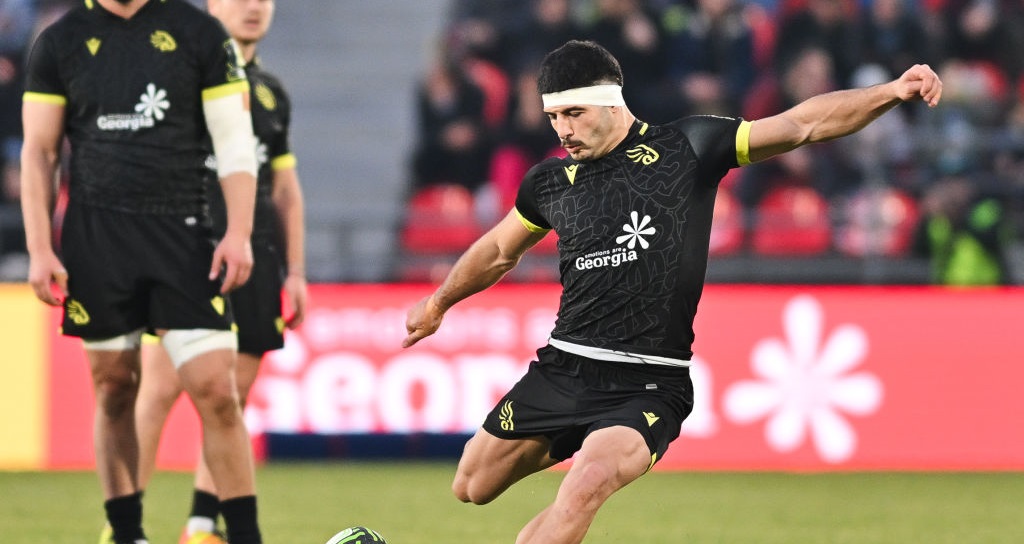Challenge Cup shock as Top 14 newbies fall to Black Lion

There was a minor shock in the EPCR Challenge Cup as the Georgian Black Lion defeated a Top 14 side for the first time, earning a 22-19 win against a depleted RC Vannes who travelled to Tbilisi without some of their main stars.
Jonathan Ruru, Salesi Rayasi, and Mako Vunipola were left out to recover from last weekend’s victory over La Rochelle, as their priority is to avoid relegation from the Top 14.
Luka Matava was the game’s hero, kicking 17 points with his boot, which was enough to put them over the finishing line when match official Stefano Roscini blew for the final time.
Richard Cockerill’s team took an early lead, following a well-placed goal kick, slotted by Luka Matkava. RC Vannes would score next, with Italian international Stephen Varney diving in to put them ahead for the first and only time.
Before the break, Akaki Tabutsadze bagged a five-pointer, placing the ball in the corner after a sequence of six phases. Matkava added the extras to give the home side a six-point lead.
A scrappier game followed in the second half, as both teams failed to reach the try-line, leaving Matkava and Thibault Debaes in charge of the scoresheet. The Georgian playmaker would score the winning penalty with five minutes remaining.
As the last seconds dragged on, the visitors failed to capitalize on a final chance, as Giorgi Sinauridze stole a turnover to secure a historical victory for Georgian rugby.
This was the Georgians’ second win since joining the EPCR Challenge Cup. They defeated the Scarlets in Wales in last year’s edition, opening their 2024 campaign in style.
Cockerill has made history yet again, after having already helped Georgian win the Men’s Rugby Europe Championship and the Rugby Europe Super Cup.
The Black Lion will now head to Parc y Scarlets to meet the local team, while Vannes will host Gloucester in the Stade de la Rabine.
Rugby’s best of the best, ranked by experts. Check out our list of the Top 100 Men's Rugby Players and let us know what you think!




























